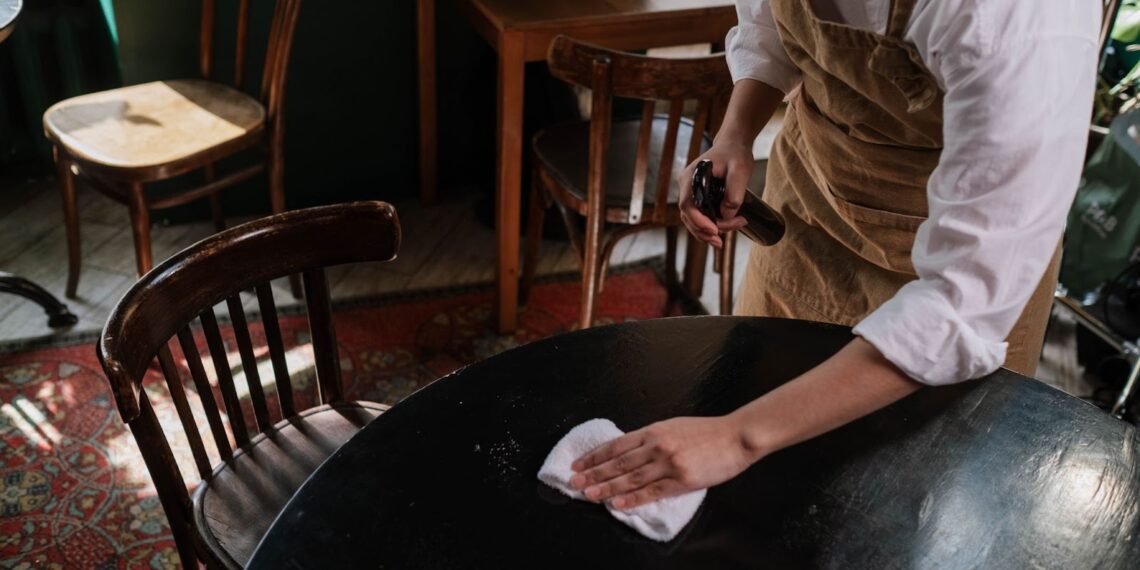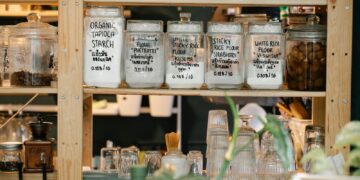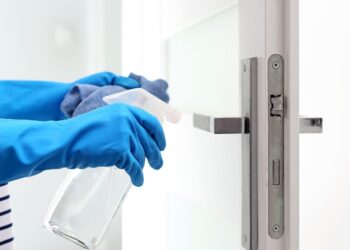Cleanliness is a top consideration for consumers when visiting a restaurant or choosing a hotel to stay in. According to statistics on Jolt, 75% of consumers will not revisit a restaurant with negative feedbacks about hygiene. Meanwhile, a study by P&G Professionals reveals that guests will walk out of a hotel that has filthy bathrooms, dirty bed sheets, and unpleasant smells.
Maintaining cleanliness in a restaurant or any hospitality facility isn’t just about following standard operating procedures (SOPs). Hygiene plays a significant role in running a successful restaurant, as it builds the brand image, attracts customers, and gives you a competitive edge.
Typically, restaurants that have a poor reputation for food poisoning and recurring accidents report high employee turnover and reduced guest bookings. As a hotelier, you can assure customers your restaurant is safe by implementing easy-to-follow hygiene standards and protocols. Below are a few tips on how to maintain cleanliness and safety in restaurants and hotels.
Create A Cleaning Checklist
A restaurant cleaning checklist ensures that you miss nothing that requires cleaning in your eatery. It also helps employees keep track of their cleaning responsibilities. When creating a hygiene checklist for your restaurant, make one that highlights overall cleaning tasks and another detailed one for each area in your facility. A detailed checklist outlines the cleaning requirements of the lobby, bathrooms, kitchen, storage, and dining area so employees can clean each of these areas thoroughly.
A kitchen cleaning checklist, for example, highlights how often you should clean kitchen equipment and tools, sanitize surfaces, wash kitchen towels and aprons, floor mats, and mop floors. As a general rule of thumb, have a daily, weekly, and monthly cleaning checklist for each area. Doing so helps you create an effective cleaning schedule for your restaurant and ensures employees stay up-to-date with hygiene and safety standards.
Plan for Regular Inspections and Cleaning
Many hoteliers dislike the idea of health inspections, but regular restaurant inspections are beneficial. Having your restaurant inspected helps you stick to hygiene protocols to prevent food-borne diseases from reaching the public. A health inspector will evaluate your restaurant’s health and safety policies and advice for improvements. If your food service business already meets hygiene standards, health inspections are an excellent way to continue enforcing them. Therefore, schedule regular inspections of the kitchen, dining area, food storage room, and restrooms.

On top of health inspections, make it a habit to clean your restaurant daily. Cleaning and sterilizing kitchen counters and cookware every day is key to ensuring you and your kitchen staff prepare food in the most hygienic way possible. Depending on the traffic flow in your restaurant, clean and sanitize tables, menus, and floors every time customers leave. It’s also advisable to wipe spills and keep restrooms, including sinks and toilet bowls, clean.
Schedule for Professional Deep Cleanings
Your primary goal as a restaurant or hotel owner is to provide customers with an unforgettable experience. And while regular cleaning techniques ensure your premises appear clean, go a step further to eliminate the risk of bacteria and viruses from spreading in your restaurant. To achieve the best results, schedule regular restaurant deep cleanings. Your in-house cleaners can give your hotel or restaurant a thorough clean using advanced equipment like steam carpet cleaners and pressure washing machines.
However, you’ll need to hire third-party commercial cleaners to clean your restaurant from the inside out. Professional hotel cleaners understand that cleanliness is vital to ensure customers keep returning and leave positive feedbacks of your business. Since commercial cleaners pay attention to detail in restaurant and hotel cleaning, you can prevent food contamination and viruses from spreading by hiring third-party hotel cleaners.
Quality cleaning also ensures customers get a first good impression of your hotel. Professional cleaning services understand this fact and follow effective techniques to deep clean hotels from top to bottom. This process entails wiping dust on hard-to-reach surfaces, scrubbing and mopping kitchen floors, deep cleaning restrooms, washing windows and walls, and removing grease inside kitchen hoods to enhance air quality inside your restaurant. Hotel cleaners also deep clean other facilities like spas and gyms, polish floors and clean the exteriors.
Don’t Overlook Staff Hygiene Standards
Training your staff about hotel cleanliness goes a long way in enhancing safety in your food business. Train your workers to follow food safety guidelines, such as washing vegetables and fruits, preventing food cross-contamination, proper food storage practices, and ensuring food is cooked properly. Instruct all your staff to wash their hands with soap and water before and after handling food. Provide your team with hygienic equipment, including hairnets, gloves, clothing, aprons, and soap. Discourage employees to wear jewelry, like bracelets and rings. If your workers have any cuts, ensure they receive proper treatment and bandaging.

Keeping your hotel or restaurant in good condition is crucial if you want to attract and keep loyal customers. Today’s hotel guests want to eat and stay in places without the fear of food poisoning, dirty guest rooms, or filthy restrooms. You can satisfy your customers’ needs by creating a hygiene checklist, inspecting, and cleaning your hotel or eatery regularly. Also, schedule professional deep cleaning services and train staff about restaurant hygiene and safety.














